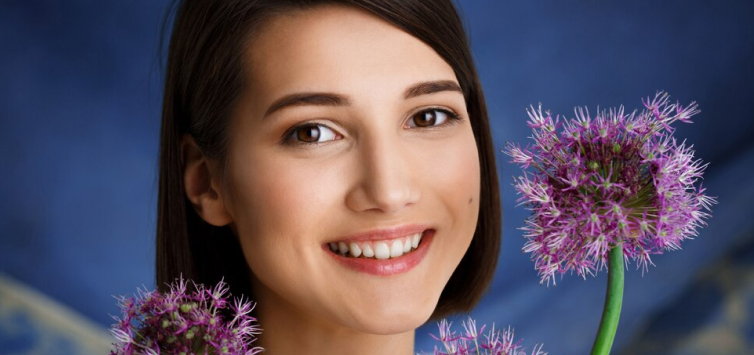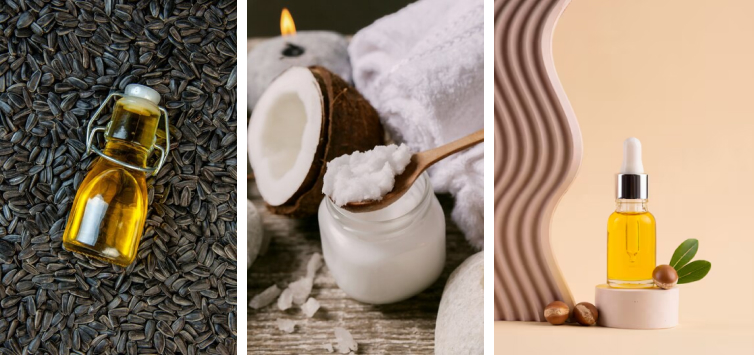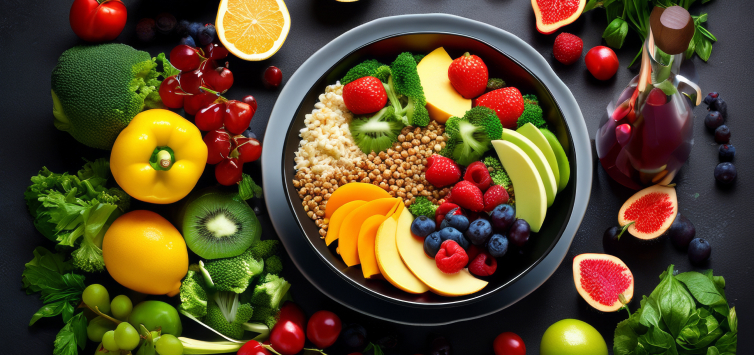Blog
Expert insights for your well-being journey. Your health is our priority.
Ayurvedic Skin Solutions: Natural Tips & Remedies
The quest for radiant, healthy skin has never been stronger. Consumers are increasingly turning towards natural alternatives, with the global market for natural skincare products projected to reach a staggering $27.2 billion by 2028[i]. This shift reflects a growing desire for products that are not only effective but also gentle and free from harsh chemicals.
Ayurveda offers a holistic approach to skincare that addresses the root cause of skin problems, promoting inner and outer radiance. Unlike conventional methods that treat symptoms superficially, Ayurveda emphasizes the mind, body, and spirit interconnectedness. By understanding your unique dosha (constitution), you can create a personalized skincare regimen that nourishes your skin from within.

Doshas Impacting Skin Health
Ayurveda recognizes three primary doshas: Vata, Pitta, and Kapha. Imbalances in these doshas can manifest in various skin concerns.
- Vata Dosha (Air and Space): When Vata is imbalanced, it can lead to dry, flaky, and sensitive skin. People with dominant Vata dosha often experience premature aging and wrinkles due to reduced moisture and elasticity.
- Pitta Dosha (Fire and Water): An imbalance of Pitta can manifest as acne, rashes, rosacea, and excessive oiliness. It can also cause inflammation, redness, and sensitivity.
- Kapha Dosha (Earth and Water): When Kapha is imbalanced, it can lead to clogged pores, oily skin, and sluggish circulation. This can manifest as blackheads, whiteheads, and a dull complexion. Kapha imbalances can also contribute to puffy skin and under-eye circles.
Common Skin Concerns and Ayurvedic Remedies
Here’s how Ayurveda tackles some prevalent skin issues:
| Problem | Solution |
| Acne | Neem, a revered herb in Ayurveda, boasts natural antibacterial and anti-inflammatory properties. You can create a simple Neem paste for spot treatment or a face mask by mixing neem powder with water. Adding sandalwood powder can further reduce inflammation. Apply the paste for 15-20 minutes before rinsing with lukewarm water. |
| Dry Skin | Sandalwood powder and rose water are a potent combination for dry skin. Sandalwood soothes irritation and has natural astringent properties, while rose water hydrates and tones. Mix these ingredients into a paste and apply it to your face for 15 minutes. Rinse with cool water and pat your skin dry. |
| Eczema | For eczema, Ayurveda emphasizes balancing Pitta dosha and reducing inflammation. Topical application of coconut oil or ghee can soothe irritated skin. Consult an Ayurvedic practitioner for a customized plan that may include herbal remedies and dietary modifications. |
| Anti-Aging | Abhyanga, a self-massage practice using warm Ayurvedic oils like sesame or almond oil, promotes circulation, nourishes the skin, and reduces wrinkles. Gently massage your face and neck in upward strokes for 5-10 minutes daily. Follow with a warm washcloth to remove excess oil. Use this practice after applying a natural, moisturizing face mask for best results. |
Essential Oils for Nature’s Nourishment
Ayurveda places immense importance on the therapeutic benefits of natural oils. Here’s a look at some beneficial options for different skin types:

| Dosha/Skin Problem | Solution |
| Vata Skin (Dry and Prone to Wrinkles) | Sesame oil, rich in antioxidants and Vitamin E, nourishes and hydrates dry skin. Apply warm sesame oil through gentle massage (abhyanga) before bedtime. |
| Pitta Skin (Oily and Prone to Acne) | Coconut oil, with its cooling properties, helps balance Pitta dosha. Apply a light layer of coconut oil after cleansing to soothe inflammation and prevent breakouts. |
| Kapha Skin (Oily and Congested) | Jojoba oil, similar to sebum (natural oil produced by the skin), helps regulate oil production and prevent clogged pores. Use a few drops for a gentle massage or as a moisturizer. |
Best Practices for Ayurvedic Skincare
True radiance extends beyond topical treatments. Here are some Ayurvedic practices to cultivate healthy, glowing skin:

- Hydration is Key: Drinking plenty of water flushes toxins and keeps your skin plump and hydrated. Aim for eight glasses of water daily, adjusting based on your activity level and climate.
- Balance Your Diet: A balanced diet rich in essential vitamins, especially A, C, and E, nourishes your skin from within. Include plenty of fruits, vegetables, and whole grains in your meals.
- Manage Stress: Stress can exacerbate skin problems. Practices like yoga, meditation, and spending time in nature can help reduce stress and promote overall well-being, reflected in healthy, radiant skin.
Conclusion
For a deeply impactful transformation, consider seeking guidance from an Ayurvedic practitioner. They specialize in evaluating your individual doshas and developing a customized regimen that integrates dietary advice, herbal solutions, and lifestyle adjustments. This comprehensive method not only targets the underlying factors contributing to your skin problems but also fosters enduring beauty from within and without.